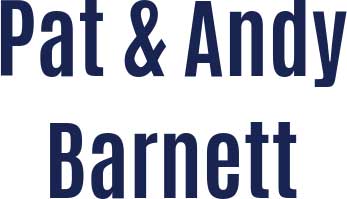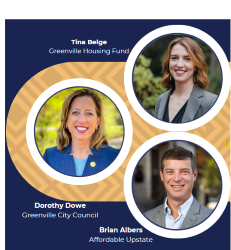 6:00 PM, Poinsett Club
6:00 PM, Poinsett Club
PEC will host a roundtable to discuss the economic impacts of the lack of affordable housing in Greenville. This challenge impacts our labor pool, company margins, and can hamper growth for Greenville. This discussion will focus on highlighting the negative economic impacts of the problem on the Greenville economy. Additionally, we will discuss solutions to this challenge and how markets and policy can work together to solve this problem. The panel will include perspectives from the City of Greenville, the non-profit sector, and the for-profit sector – each working to solve this issue. We will be joined by Dorothy Dowe of Greenville City Council, Tina Belge from the Greenville Housing Fund, and Brian Albers of Affordable Upstate.
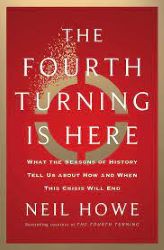 6:00 PM, Smoke on the Water
6:00 PM, Smoke on the Water
Neil Howe and William Strauss authored The Fourth Turning in 1997 and introduced the idea of 80-year cycles divided into four generations. Their work illustrates cycles of crisis, coming together, divisions in society, and setting the stage for the next crisis. The most recent cycle began with the crisis of the Great Depression/WWII, followed by the counter culture in the 1970s, Morning in America in the 1980s-90s, splintering and polarization of society over the last two decades. Howe has updated his work in The Fourth Turning Is Here. Given our politics, income inequality, and inability to agree on facts, it appears we may be laying the groundwork for the Fourth Turning.
We will enjoy a dinner away from the Poinsett Club and have a discussion of the ideas of this book. This will be a group discussion and we encourage you to read the book before the meeting. However, that is not a requirement. We will provide and an overview of the concepts of the book and look forward to robust discussion of the ideas introduced in The Fourth Turning Is Here.
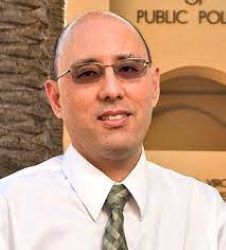 6:00 PM, Poinsett Club
6:00 PM, Poinsett Club
We will be joined by Dr. Robert Tamura for a discussion of how demographics may impact the workforce, productivity, economic growth, and finances in the Western world. He will present information on the long-run demographic trends from 1800-2010 for US states and the world by region. It is often said that "demographics is destiny" and has implications for long run growth potential. There is reason to believe that per capita income growth will decline, even though human capital accumulation may accelerate.
Prior to joining Clemson, Dr. Tamura taught at the University of Iowa and Pepperdine University. Dr. Tamura earned a degree in mathematics and economics from William and Mary, and his Masters and PhD from University of Chicago.
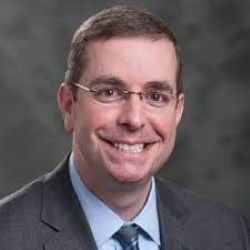 6:00 PM, Poinsett Club
6:00 PM, Poinsett Club
As is a tradition at the Piedmont Economics Club, we will kick off the new year with an economic and market forecast for 2024. This year we will hear from Bradford Pineault from Fidelity Investments. Bradford will provide an overview of how we finished 2023 and what the team at Fidelity expects for the new year. Bradford’s title with Fidelity is Capital Markets Strategist, a role he has served in for five years. He works with Fidelity’s capital markets team to develop investment strategies based on analysis of economic and capital market forecasts. Bradford has been with Fidelity for 25 years and served in a variety of roles within the firm. Prior to joining Fidelity in 1998, he earned a BS from the University of Massachusetts, Dartmouth, and a MBA from Bryant University. He is a CFA charterholder and a member of the CFA Society of Boston.
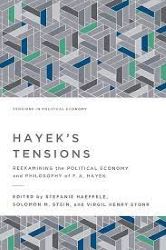 6:00 PM, Location TBD
6:00 PM, Location TBD
After nearly 15 years of aggressive monetary and fiscal policy, it appears the warnings of F. A. Hayek have come home to roost in the form of malinvestment, below trend growth, and now inflation. In their book, Hayek's Tensions: Reexamining the Political Economy and Philosophy of F. A. Hayek, Solomon Stein and Virgil Storr reexamine Hayek’s thoughts. While published before the increase in inflation, the book examines Hayek’s work and his classical liberal vision of a free society. We will discuss whether these ideas are passe or more relevant than ever given what we have seen over the last three years.
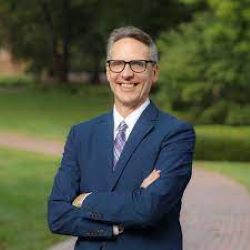 6:00 PM, Poinsett Club
6:00 PM, Poinsett Club
The costs and value of higher education has been in the news of late, with political arguments around student debt and falling enrollment. We will be joined by Furman professor, Dr. Ken Peterson, where he will discuss the economics of higher education. He has done research on enrollment trends, college finances, and college athletics and how they all impact the economics of a degree. Ken chaired the economics department of Furman for twelve years. He has also served as Dean of Faculty from 2016-2019 and Provost from 2019-2022.
Ken earned his BA from Iowa State University and both his Masters and PhD from Stony Brook University.
Piedmont Economics Club's monthly dinner meetings would not be possible without our participating sponsors

.jpg)


